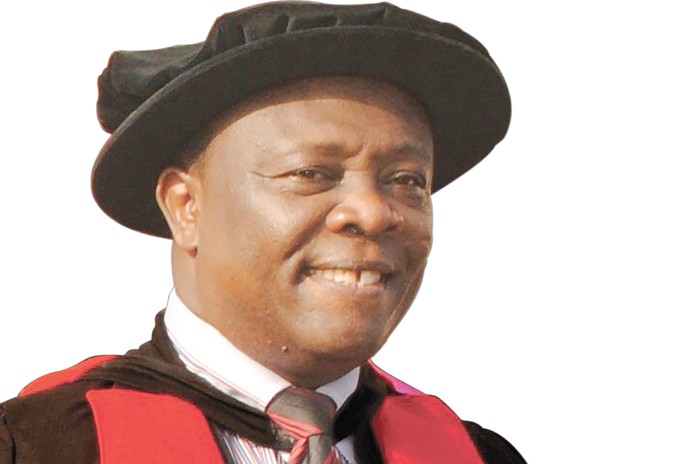
We need people-centred leaders — Prof. Oduro
The Pro-Vice-Chancellor of the University of Cape Coast, Professor George Oduro, has stated that African leaders must shift from self-centered leadership to one that is people-focused.
Advertisement
He said the continent critically needed leaders who would put national and organisational interest above individual interest and were transparent and accountable to move the continent forward.
“You don’t tell us to tighten our belts while you loosen yours,” he said.
Prof. Oduro was speaking at the 5th International Conference on Education organised by the Global Education Network (GEN) in collaboration with the Institute for Educational Planning and Administration (IEPA) of the University of Cape Coast.
It was on the theme: “Education, Leadership, Security Management and National Development.’’ It is being attended by delegates from a number of countries including Nigeria and Tanzania.
He noted that many African leaders had failed to provide a people-centered leadership and focused rather on a leadership style beneficial for themselves, their families and their political parties.
Prof. Oduro said it was time to measure development not only by the Gross Domestic Product (GDP) of a country but by the dignity the people of a country derived from being citizens and the opportunities and choices available to the people, adding it would require a people-focused leadership to achieve this.
The deception
Prof. Oduro observed that “in most countries in Africa, political leaders often demonstrate national interest in matters of security and development only when they are in opposition.”
He said once they obtained political leadership and power, the interest move from nation to individual, family and party interests.
He said in the end there were little sacrifices by the leaders which retarded national development and national security issues.
Prof. Oduro, who spoke on leadership, security and national development, noted that the continent was hardest hit by conflicts and these conflicts were increasing because other powers outside the continent were taking advantage of the weaknesses in leadership to promote their own agenda on the continent.
Suppression of divergent views
He said if national security would be attained, the people must be able to analyse things critically and added that, it was only when people were made to freely express their views that there would be national security.
Prof. Oduro said when new theories came from the West, it was important for Africans to analyse such theories of leadership before adopting them.
He noted that the key challenge of Africans was our orientation towards leadership, noting for instance that people are placed in power by God and are almost not questioned.
Overconcentration of power
He said Africans, by their traditional system, over concentrated power in one individual and failed to criticise leaders. He called for unity and teamwork to move the nations forward.
“Leadership is meaningless if it does not create an enabling environment for national security and development,” he said.
Prioritise education
Prof. Emmanuel Olusola Adu from the University of Fort Hare, South Africa, in his presentation, said African countries must work to prioritise education, ensure improved access to education and adopt accelerated learning programmes to get children educated, especially in conflict areas.
He also called on African governments to push for a cessation of hostilities in conflict zones.
Prof. Fabunmi Martins, President of the GEN conference, was to facilitate the discourse that would ensure quality education globally. He said the conference also discussed how to use education to accelerate development.




